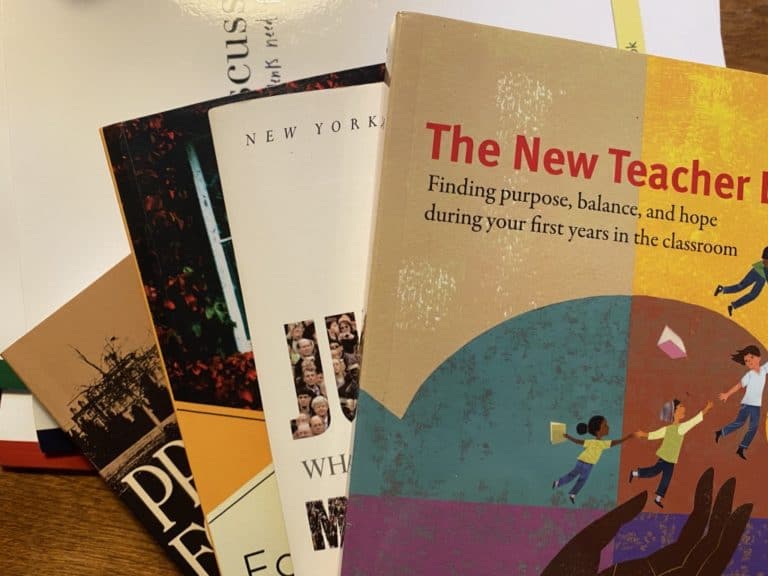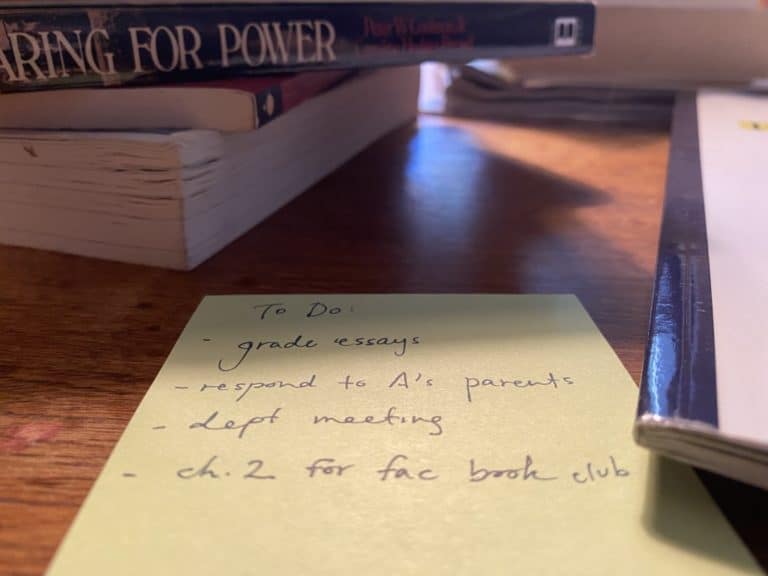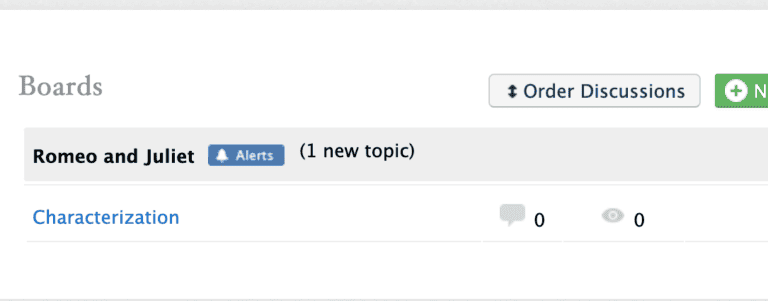Can Introverts Learn through Active Learning?
Active learning, at least at first, benefits extroverts more than introverts. What can we do about it?

Active learning, at least at first, benefits extroverts more than introverts. What can we do about it?

Arguing that the commonly upheld binary between logic and emotion is false, Eugenia Cheng suggests that we would all communicate clearly if we actively integrated both.

Paraphrasing, by Bergman’s definition, is a retelling of what a student has just said in similar, perhaps clearer, words. He notes, though, that in such moments paraphrase a teacher often “ignores missing pieces and inaccuracies.”

As teachers, we’re taught not to play favorites, but that’s a difficult task. There are good reasons why.

Everyone’s afraid of Zoom fatigue these days. Lowenthal and Dunlop ask their students how to make social presence possible online.

This week, we feel challenged by Paul Zak’s work on trust in the workplace, Leyla Alipour’s protocols for boosting student creativity, and NYU press’s forays into online discourse in the Digital Humanities.

A 2017 article challenges us to think from, but also beyond, the popular concept of white fragility — especially when it comes to building new curricula.

This week’s highlighted media bring together ideas from students, teachers, and academics to identify problems and strategies for interrupting inequity and pursuing antiracism in schools.

This week’s roundup asks us to question the structures of our classrooms, especially discussion-based classrooms, and to consider several new approaches to familiar work.

How do we use the “discussion board” feature to… actually hold discussions?